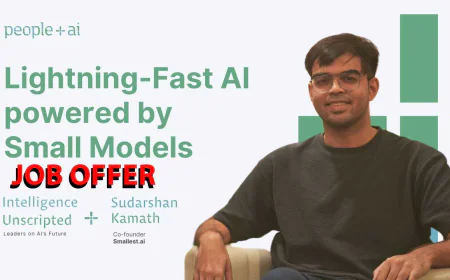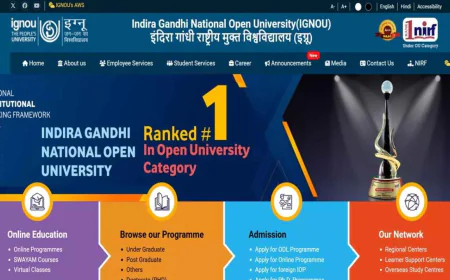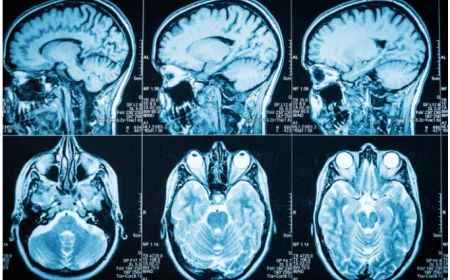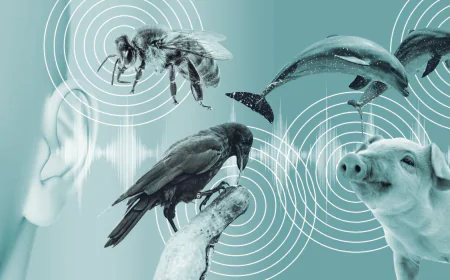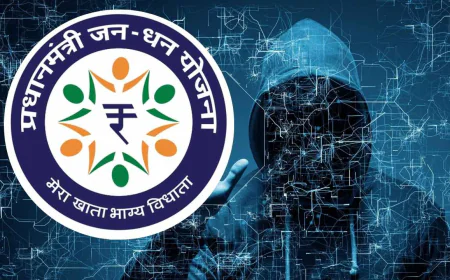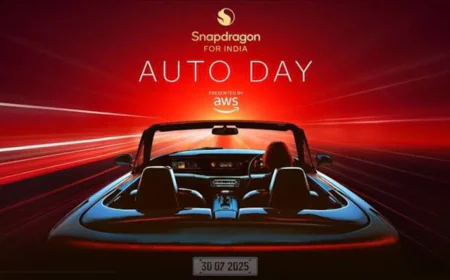India 2025: AI Upskilling Becomes Strategic Imperative Amid Workforce Transformation
As AI adoption accelerates across industries, India faces an urgent need to upskill its workforce. Surveys reveal gaps in AI training, talent shortages, and policy challenges that must be addressed for sustained competitiveness.

India's workforce is changing a lot because of how quickly AI is being used and how much more focus is being put on getting better at things. According to new reports and surveys from 2025, Indian businesses need to learn more about AI in order to stay relevant and competitive in a world that is changing quickly.
AI is being used in HR jobs more and more.
Fourteen percent of Indian HR leaders said that this year their biggest challenge was getting their workers to learn new skills and get better at the ones they already had. This fits with the fact that 72% of Indian businesses use HR software driven by AI, which is more than the average of 55% around the world. Most of the people who use AI tools say their workers are more engaged and that they keep more of them. This makes HR work better and the workplace better for everyone.
There are more and more skills gaps in the digital economy.

The ISACA 2025 AI Pulse Poll shows that more and more people in India use AI but fewer and fewer know how to use it. AI is used at work by 76% of people, but only 41% say they know a lot about it. Also, in the next six months, almost half of workers will need training in AI, but only 22% of companies offer full AI training. Still, 91% of people believe that learning AI will help you get ahead at work in the next two years.
What the government did to mess up the India AI Mission
As part of the IndiaAI Mission, the Indian government is working to close the skills gap. Programs like YuvAI and StartupAI are aimed at companies and young people. People behind these projects want to teach 100,000 people AI-related skills by 2025. These skills include fast engineering, cloud computing, data science, and cybersecurity. Having good relationships between the government and the people is also very important for these projects to work all over the country.
There are issues with the government and politics
AI control and risk management are still not very good, even though they have gotten better. India only has 32% of organisations with official AI governance systems. Also, not a lot of money is being spent on tools that lower AI risk. Some of the biggest fears are false information, data breaches, and moral problems. We need better policy oversight and organisational dedication to solve these problems.

India is going to lose a lot of smart and skilled people.
By 2027, India will need 2.3 million AI workers, but the way it currently teaches and trains people will only make 1.2 million. This will leave more than a million workers without jobs. This gap makes it even more important to have skill-building programs that are quick, open to everyone, and ready for the future.
As of now, experts say that teaching only once is not enough. What people should do instead is keep learning. The world we live in now is run by AI, so companies need to make learning spaces where employees can keep learning and get better. To help employees learn how to think critically, be flexible, and fix problems for the long term, the goal should change from getting things done to learning them every day.
India's digital future will depend on how well people learn AI.
India has reached a key point in its plan to change its workforce. As AI grows, it changes how companies and HR departments do their jobs. This change will only work, though, if AI is taught quickly and by a lot of people, and strict rules are put in place to keep everyone safe. The world is getting more and more competitive in the digital race. How well India does on the world stage will depend on how well it can teach its workers skills that will make them successful in the future.




















